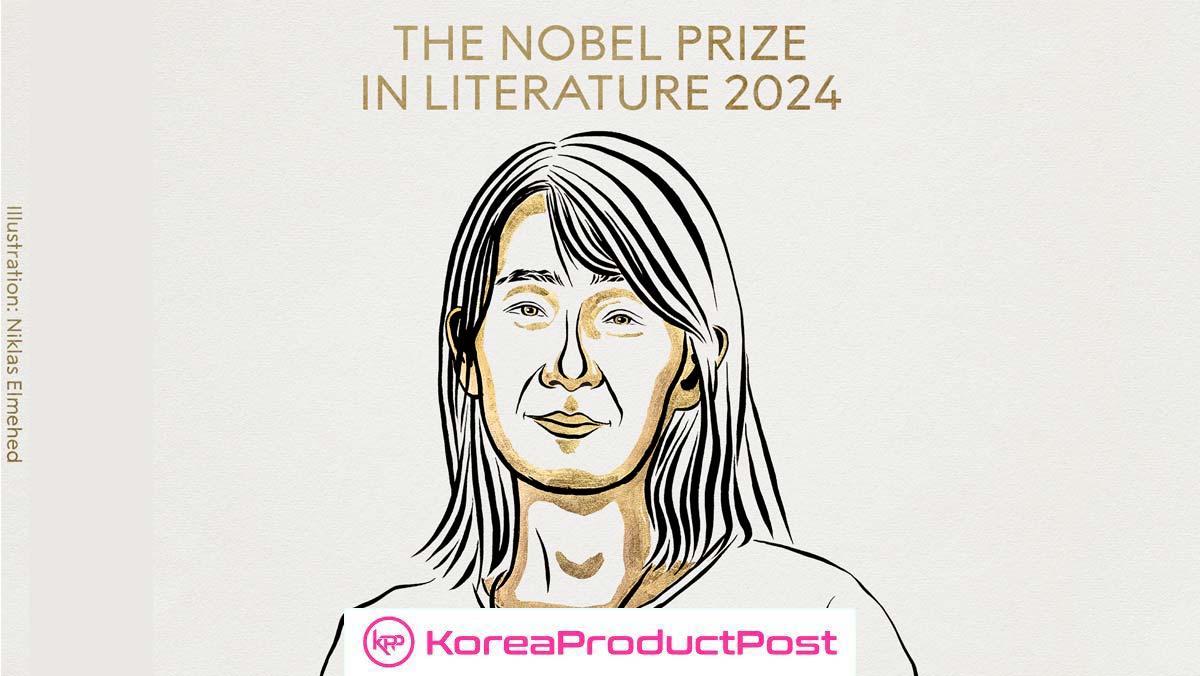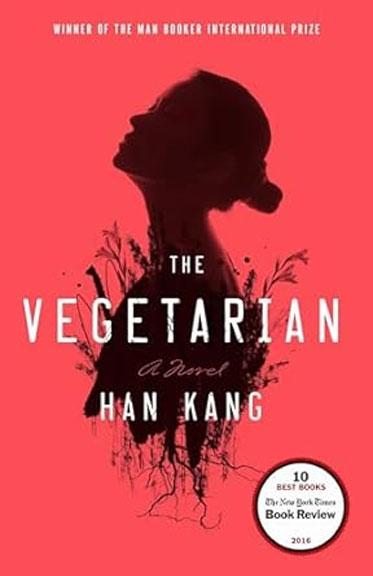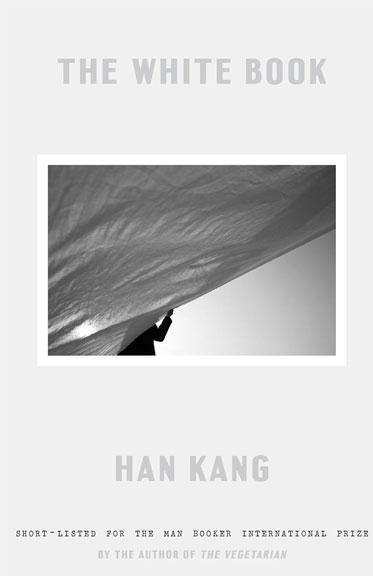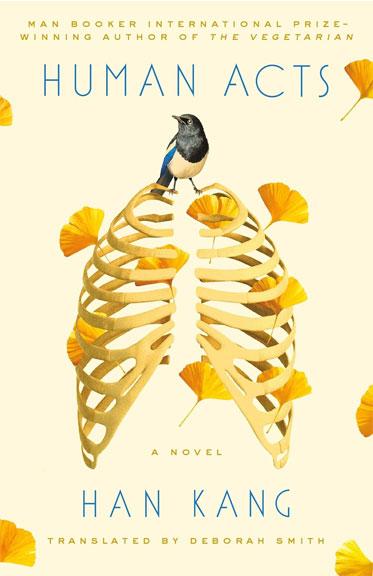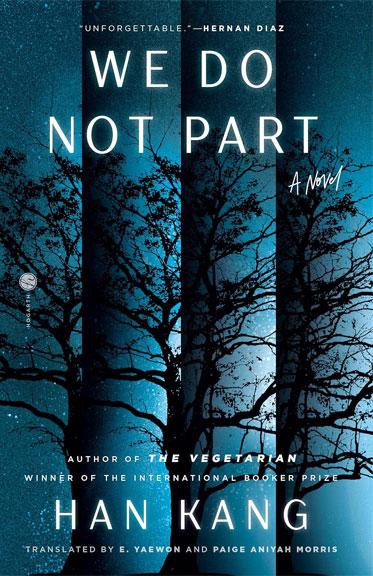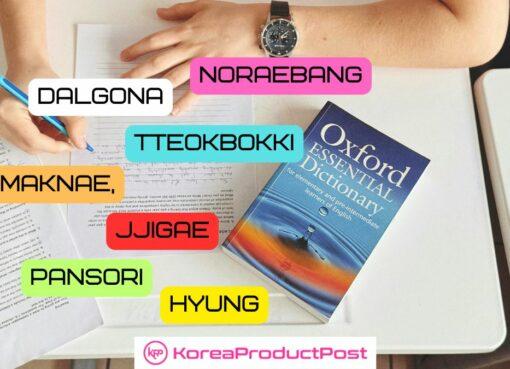Imagine this: it’s a quiet evening in Seoul, and you’re enjoying a cup of tea with your son when, out of the blue, you get a call that changes your life forever. That’s exactly what happened to Han Kang, the celebrated South Korean poet and writer. Han Kang just made history by winning the 2024 Nobel Prize in Literature. Her deeply reflective works have left a lasting mark on the literary world, and her win is not just a personal triumph but also a nod to South Korea’s growing influence on global culture. Curious why this moment is so groundbreaking? Let’s dive in!
Korean Writer Han Kang Wins Nobel Prize in Literature
On October 10, 2024, Korean writer Han Kang was awarded the Nobel Prize in Literature. She becomes the receiver for her “intense poetic prose that confronts historical traumas and exposes the fragility of human life.”
Han Kang’s stories, which often tackle themes of deep pain and personal history, have truly strike a chord worldwide readers. Many of the works from the Korean writer, including “The Vegetarian” and “Human Acts”, is rooted in the scars of South Korea’s turbulent history but resonates on a universal level, exploring human vulnerability and trauma.
Previously, “The Vegetarian”, succesfully put Han Kang on the global stage when it won the International Booker Prize in 2016. The novel tells the unsettling story of a woman who stops eating meat, leading to a series of devastating consequences that ripple through her family. It showcased Han’s talent for crafting complex, often disturbing narratives that pull readers into the darker corners of human existence.
Furthermore, her other works, “Human Acts” and “The White Book” dig even deeper into Korea’s history and collective trauma.
“Human Acts” is a powerful exploration of the 1980 Gwangju Uprising, where pro-democracy protests were met with violent crackdowns.
Hence, through these internationally acclaimed and best-selling books, the Korean writer succesfully captures both Korea’s historical wounds and the universal experiences of grief, loss, and survival. The Nobel committee even described her prose as “compassionate and fearless”. These become the qualities that have cemented her status as one of the most significant writers of our time.
The Very FIRST Female Winner in South Korea and Asia
Moreover, Han Kang’s Nobel Prize win is actually historic in so many ways. She is not only the first South Korean but also the first Asian woman to ever win this prestigious award.
In a literary world that has long been dominated by Western voices, her win signals a growing recognition of diverse stories from around the globe. For South Korea, it’s yet another cultural milestone.
Anders Olsson, chairman of the Nobel Committee, praised Han’s ability to empathize with vulnerable, often female characters. Her stories blend historical reflection with personal pain, making her characters deeply relatable on an emotional level.
The acclaimed Korean writer not only gives readers a rare look into how personal and collective traumas intertwine, but also how humanity’s fragility is at the heart of it all.
A Moment of Reflection and Celebration
Still, despite all the international attention, Han Kang remains grounded. In a recent statement following her win, she expressed surprise and gratitude, highlighting her deep connection to Korean literature. True to her modest nature, she mentioned she would be celebrating quietly at home with her son over a simple cup of tea—a reflection of her character.
For South Korea, this moment is one of immense pride. Han Kang’s success shines a light on the incredible talent within the country’s literary scene. She also offers hope that more diverse voices from Asia will continue to be recognized globally. Moreover, her win is an inspiration not just to Korean readers but to everyone who seeks to explore the delicate and often painful aspects of human life through literature.
Hence, as we look forward to Han Kang’s upcoming works—like her new novel “We Do Not Part”—one thing is clear: her influence on the literary world will endure for years to come.
Her stories, which delve into the complexities of human existence, remind us of the power of words to heal, confront, and transcend.
Finally, Han Kang’s Nobel Prize is not merely a victory for her or for South Korea. Instead, it is a win for everyone who believes in the transformative power of storytelling.
If you’re looking to promote your products and connect with international buyers, please don’t hesitate to contact us.
Our editors independently select all products featured on KoreaProductPost. However, we may earn an affiliate commission when you buy something through our retail links. And as Amazon Associate we earn from qualifying purchases.
Join us on an exciting journey to explore the vibrant world of Korean lifestyle – from the latest beauty tips to the hottest tech and so much more on Facebook, Twitter, LinkedIn, and Flipboard.



